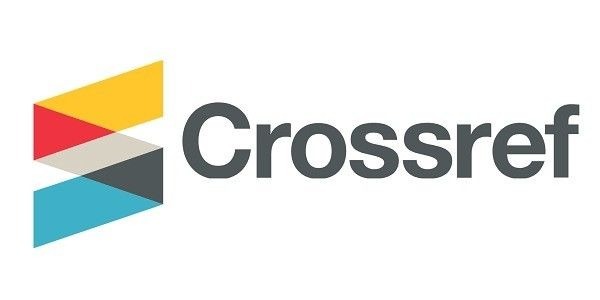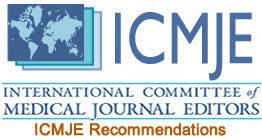Data Sharing Policy
Data Sharing Policy
Introduction
The Medzone-Journal of Health Sciences (MJHS) encourages authors to share their research data. We believe that sharing data enhances the reproducibility, transparency, and overall impact of published research. This policy outlines how authors should approach data sharing when submitting articles to MJHS, fostering scientific progress and improving research outcomes. Open data sharing helps ensure that findings can be verified and extended by the broader research community.
Purpose
This policy aims to promote the sharing of research data to support scientific progress in health and rehabilitation fields. By sharing data, researchers can validate findings, spark new ideas, and collaborate more effectively. The exchange of ideas and data from different professionals leads to better and more impactful research outcomes. Encouraging data sharing fosters a collaborative environment, driving innovation and accelerating scientific discoveries.
Scope
This policy applies to all manuscripts submitted to MJHS, including original research articles, systematic reviews, and meta-analyses. Authors of all manuscript types, whether clinical studies, preclinical studies, or theoretical papers, are encouraged to adopt this practice to improve the quality and reliability of their research.
Data Availability Statement
Authors must include a statement in their manuscript about data availability. This statement should clearly explain:
- How and where the dataset(s) can be accessed.
- The repository where the data is stored, including the DOI or persistent identifier.
- Any conditions that limit access to the data (e.g., privacy, ethical constraints).
- A reason if the data cannot be shared (e.g., ethical or legal reasons).
Including a clear and comprehensive data availability statement allows other researchers to verify and build upon the published work, improving the transparency and impact of the research.
Public Repositories
We encourage authors to deposit their data in a reliable, public repository that is appropriate for their research type. This ensures that data is preserved and can be easily accessed by other researchers over time. Choosing a trusted repository also enhances the visibility and credibility of the research. Public repositories increase the reach and longevity of data, ensuring it is accessible to the global research community.
Exceptions and Restrictions
We understand that there may be situations where data sharing is not possible due to ethical, privacy, or commercial reasons. In such cases, authors must provide a clear explanation for the restrictions in the data availability statement. This ensures transparency and maintains the integrity of the research process. When data cannot be shared, it is crucial to be transparent about the reasons to maintain trust in the publication process.
Ethical and Legal Compliance
Data sharing must comply with all relevant ethical guidelines and legal requirements. This includes obtaining proper consent from participants and ensuring their privacy is protected. Any shared data must ensure participants' confidentiality, and authors should include DOIs or other persistent identifiers where available to ensure proper citation and access. Compliance with these regulations ensures that data sharing occurs responsibly and that participants’ rights are upheld.
Compliance and Enforcement
Failure to comply with the data sharing policy may result in manuscript rejection. Authors who fail to provide sufficient information regarding data availability or violate ethical/legal standards will not have their manuscripts considered for publication until these issues are addressed. This policy ensures that all published research adheres to the highest standards of transparency and ethical conduct.
Support for Authors
MJHS is committed to supporting authors in meeting this data sharing policy. If you have any questions or concerns about sharing your data or need assistance in identifying suitable repositories, feel free to contact our editorial office for guidance. We aim to make the data-sharing process as smooth and accessible as possible to encourage full compliance.
Bibliography
This policy is in accordance with the guidelines provided by the International Committee of Medical Journal Editors (ICMJE) and the Committee on Publication Ethics (COPE). It also aligns with the FAIR Data Principles for managing and sharing scientific data, ensuring that data is findable, accessible, interoperable, and reusable. By adhering to these principles, we contribute to the global effort of making research data more accessible and usable for future studies.




